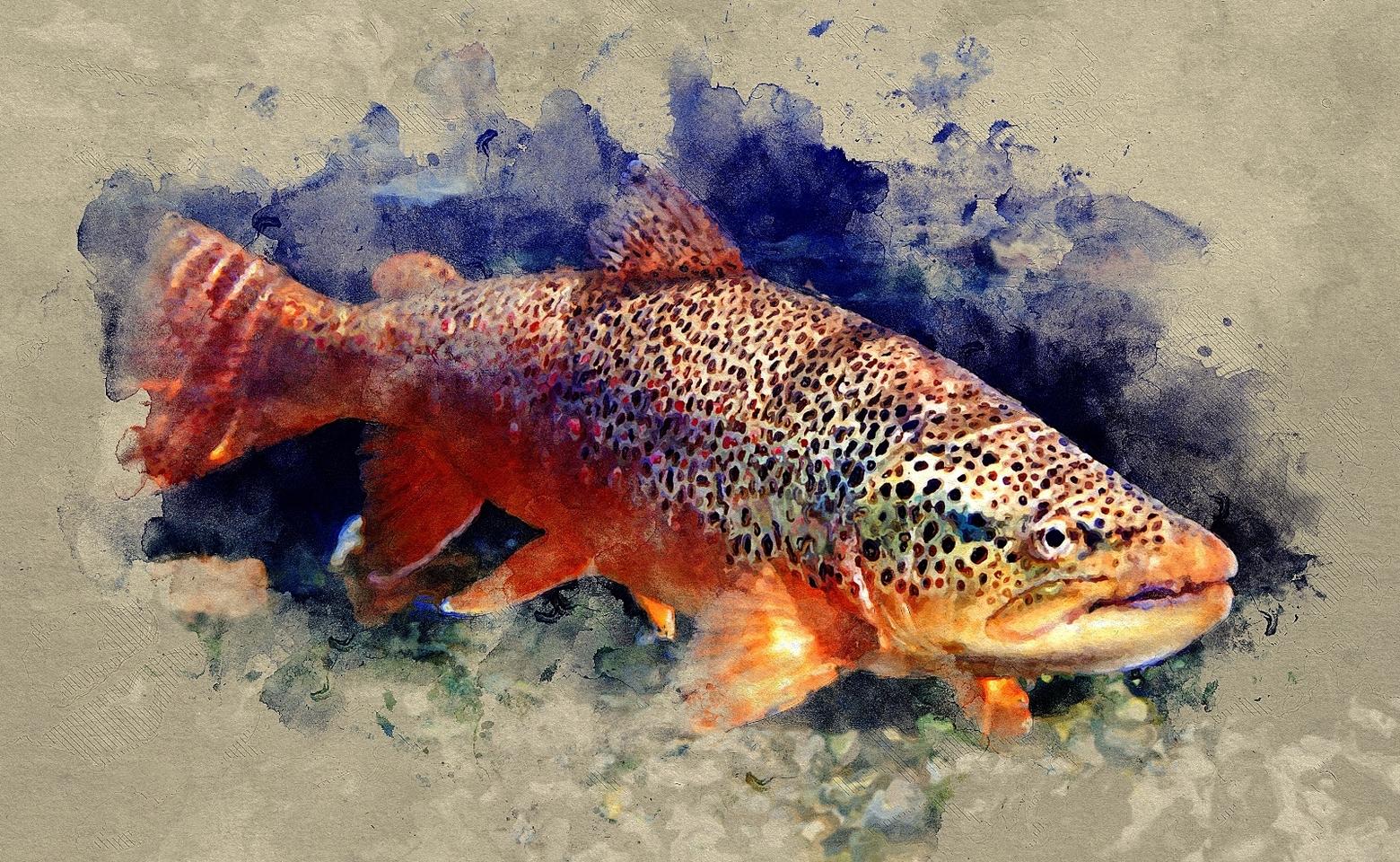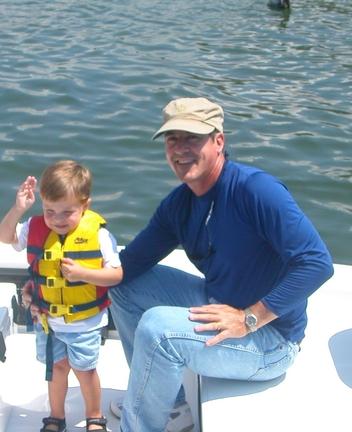January 1, 2018
Of Coke Bottle Glasses, Diapauses And Hope For Brighter DaysMarshall Cutchin's Wish: Let Us All Develop Extra-Sensory Perception—And More Empathy—In 2018
“In a dark time the eye begins to see.” —Theodore Roethke
Fishing is about perception. Its mysteries are tied to our desire to penetrate the surface and see what we cannot see, and the joy of becoming a better angler unfolds as we learn in bits and pieces about things we only imagined. Along the way, the things we thought we were after—the reasons we started fishing in the first place—weren’t always the things that ended up mattering the most.
At least that’s the way it’s been for me.
As I began my search for new prescription sunglasses last week I was reminded again of the difference between visual acuity and truly seeing.
I was six years old before I saw leaves on trees (unless I was actually in the trees, which I often was). If any of my childhood friends were told that I might be a fishing guide one day—not to mention one who profited by sighting and stalking fish—they would have laughed out loud. At 12, contact lenses gave me situational awareness and made team sports bearable. Abandoning Coke-bottle glasses also marginally improved my odds with girls.
But when I eventually stood on a poling platform in Key West and tried to see permit sliding through grass blacker than coal and the dry wind made my contacts blur and adhere to my eyelids, I was challenged. The answer, I came to find out, was to learn to gather all the clues—not just the obvious ones.
By the time I had Lasik surgery in 1992, I had so much visual intelligence about fish that I could find any fish, in any light, no matter how far away. The new acuity helped, though not much. It was as if someone had turned a spotlight onto a carefully lit stage.
My least favorite season was still during the darkening days before Christmas, but that was only because the fish were in a funk.
The holidays—coming as they do on the heels of the winter solstice—celebrate the hope inherent in longer days. Fish don’t like days getting shorter. I doubt many people do either.
On the other hand, even a slight increase in day length gets animals moving. Migrating butterflies and birds respond to increased illumination before they do rising temperatures. Mammals even have specialized photosensitive ganglion cells that play no role in vision but help regulate brain behavior related to day length and ambient light. No wonder our biological senses—and that of many animals—reverse course around the time of the solstice.
Even if you consider this just a heap of evolutionary baggage, we are not far removed from an era when timing the solstice was of critical importance to human survival. Planting too early meant disaster; expending energy on a hunt when animals were hunkered down could end in starvation.
The fishing calendar brings it all into focus. Tarpon show up at the first hint of warm, calm weather in south Florida, but only after the solstice. Pre-spawn bass start thinking about eating again. In rivers, insect diapause ends, and mayfly eggs and nymphs begin responding to the slightest rise in temperature. If, as Scotsman John Buchan suggested, fishing is mostly “the pursuit of what is elusive but attainable, a perpetual series of occasions for hope,” then the days following the winter solstice should be biologically jam-packed with angling optimism.
None of this is possible, of course, without experience of the alternative. Anyone who’s fished hard into November and December imagines a slightly warm February day as near-nirvana. Anyone who’s listened to the news over the past few weeks is ready for brighter days. What does all that have to do with seeing fish?
If you’ve ever been deprived of a motor-sensory skill—be it walking, or hearing, or seeing, even your general health—even a small improvement feels delicious. Thanks to modern science and medicine, it’s no longer all about adaptation and acceptance. But the adjustment is still a journey and still requires hope and, especially, persistence.
Fortunately, fly fishing has its own core of official and unofficial volunteers who make daily differences in the lives of cancer patients, children with devastating illnesses, grieving parents, and wounded warriors who need other people to help them persevere. There are too many groups and individuals to mention here, and they are all doing good work. What they have in common is that they are not in pursuit of perfection, just improvement. They share the joy of the smallest successes. They are watering the seeds of optimism.
We can learn something from this healing process—even those of us blessed with perfect coordination, vision, and skill. All of us can learn to do more with the abilities we have, and when we do, we often discover that whatever we thought was the ideal isn’t what we needed after all. We have it, right here, in conversation with friends, in the helping hand of a stranger, and in even a modest effort to see beneath the surface of fishing.





